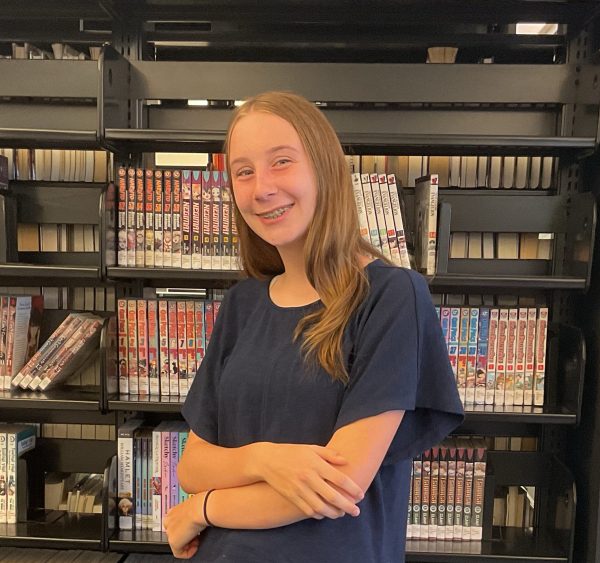Tick.
Tock.
The clock is ticking…
More than once, I catch myself glancing at a clock or my watch, only to be astonished by the time staring back. I look again, trying to understand. How can an hour have already passed by? To make up for the minutes stolen from me, I start flying through the tasks assigned to me, jumping from homework to violin practice, from there to chores, then to my next assignment, until I eventually stop. Only once the day is over do I remember, I wanted to read another chapter of my book … I was supposed to play with my brother… I had wanted to bake that delicious cookie recipe… Too often, I sigh and leave my activities for the next day. However, what if I should not be delaying them?
In high school, it is all too common to feel like time is your enemy. In the whirlwind of activities, sports, chores and homework that consumes each and every day, it is easy to get overwhelmed and caught up in the endless to-do list. Planners, schedules and calendars that organize our lives seem to be the only possible solution. However, in these plans we often forget to include one aspect of life we frequently ignore: free time. While it may seem simpler to avoid adding another activity to the day, leisure has unseen benefits. According to the National Library of Medicine (NLM) article “Leisure and meaning in life” , leisure is commonly defined as time you choose to devote to enjoyment. In a stage of life that often feels pre-planned and determined, downtime offers freedom from burdens and obligations, along with significant health benefits.
Compared with the past three generations, Gen Z has documented much higher levels of anxiety, according to another article by the National Library of Medicine. The pandemic had a significant impact worldwide, with lasting effects on mental health. However, the article “Relax: Benefits of Leisure Go Beyond the Moment” states that making time for yourself helps boost mood, curtail boredom and lower heart rate. These activities break the stress cycle, allowing the body and mind time to rest before tackling the stressor.
Avoiding stress may be key to improving health. Stuart Brown, M.D., explains that stress increases cortisol levels for a considerable time. This can lead to lack of sleep, digestive problems, headaches, low energy, high blood pressure and even heart disease. One effective way to avoid stress is through leisure activities.
Dr. Brown notes that studies have proven that people who play more are not only less likely to have mental health problems, but also heart disease. As seen in the article by NLM, free time can help prevent mental illnesses such as depression, anxiety and bipolar disorder. By participating in activities, people build resilience, develop a sense of identity and improve mental capabilities. Moreover, leisure can aid physical health by activating mechanisms in the endocrine, nervous and immune systems. According to the article “Exercise sustains the hallmarks of health”, pastimes that involve exercise may support the endocrine system by stimulating hormones that regulate functions such as growth. These pastimes also activate parts of the brain that reduce stress and improve mood, benefiting the nervous system. By participating in these activities, people aid the activity of immune cells and areas that protect against inflammation.
Downtime is also a crucial contributor to social health and well-being. It allows people to build resilience and develop a sense of self, NLM explains. Group activities help create a supportive atmosphere. The article “Leisure and meaning in life” illustrates that anticipation of personal involvement in an activity through free choice activates parts of the brain associated with reward processing.
The same article shows that, in the end, it matters much less what activity you choose than your motivation to do it. Participating in hobbies and sports has been shown to offer experiences that develop a stronger sense of identity than media use or communication activities. In fact, despite being one of the most common leisure activities, watching TV is often rated low in meaningfulness and happiness according to a study by Robert Kubey and Mihaly Csikszentmihalyi. Alternative ideas of activities include side projects, exercise, games and rest.
So do yourself a favor and start a new hobby, try a sport, pick up a game or simply take a nap. You could even pick up an old activity that you have stopped doing and try it again. Give yourself time to enjoy life, because it will help you mentally, socially and physically. Now, when I begin to feel stressed about balancing homework, sports, and life, I remind myself to take a step back. I try to incorporate time to take a break, read a book and have some fun, especially during strenuous school days. And if you are like me, avoid the worry and do the activity anyway – it is far from a waste of time.




























